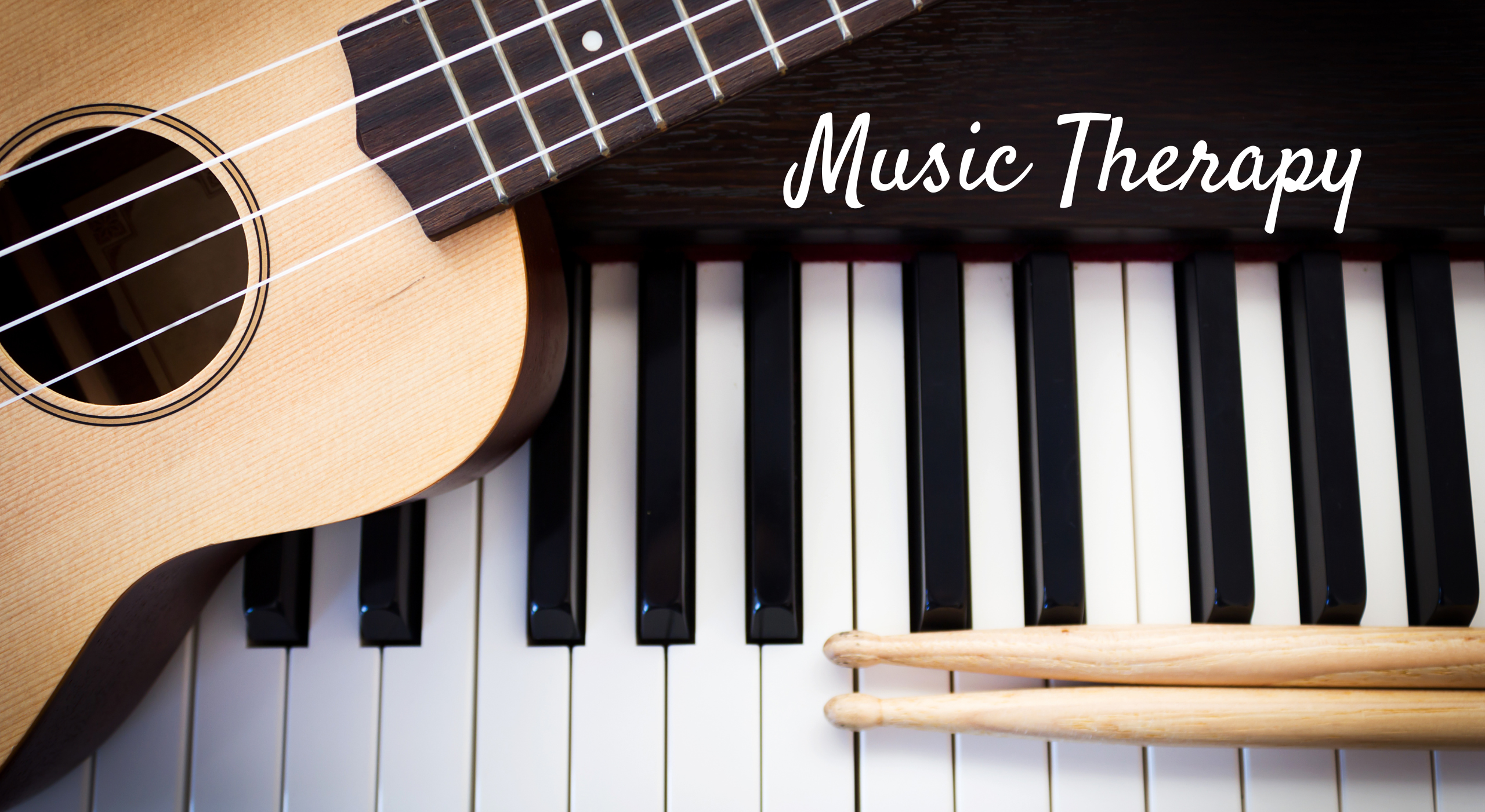
Music therapy is an evidence based practice where music is used to support an individual in achieving personal goals including: nurturing attention, communication, facilitating self-expression, improving motor skills, promoting overall wellness etc. The process begins with a qualified music therapist identifying goals together with caregivers. Following which, the music therapist will design and carry out clinical music interventions that will serve to support the goals that had been established earlier. A constant process of reviewing takes place that informs the music therapist on how to adapt activities to meet the needs of the individual in therapy. For more information on music therapy, please visit American Music Therapy Association.
Nordoff-Robbins Creative Music Therapy
NRCMT was founded in the late 1950s by Paul Nordoff, a renown music professor at Bard College and Clive Robbins, a special educator who was looking for ways to connect with children with special needs, seeking to activate and maximise their hidden potential. Through their explorations with clinical improvised music, they discovered the power of music as therapy. The work continued to grow in Europe and in the States. Today, NRCMT is practiced beyond the scope of special education, supporting people of different needs.
NRCMT functions on the premise that all individuals have the innate ability to respond to music. This sensitivity to music can be in turn harnessed to support growth and development. Being a person-centered approach, each session varies as the therapist will adjust interventions based on the individual’s needs in the moment. The individual in therapy can expect to be participating in musical processes together with the therapist. For more details:
https://steinhardt.nyu.edu/nordoff/the-practice/history
Video Portraits of the work of NRCMT:
